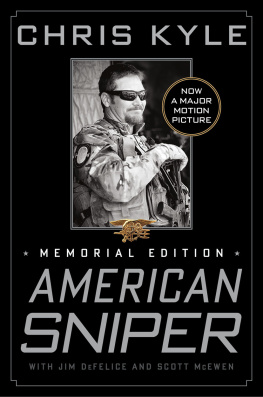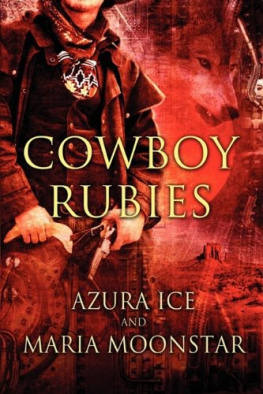
To my parents, Jim and Robin, and my brothers, Price and Peyton.
Thank you will never be enough for the journey you have traveled and endured with me, but just know that your love helped comfort me, heal me, and give me life (again). I am thankful for you every day. I love you.
KC
To Jeanette, Will, and Maddie: You make every day WORTH it! I love you all.
DY
Contents
I hopped in the black sedan and closed the door. Yet another ride to the airport. This time I was headed to London.
The moment I hit the seat I began scanning through various emails of tickets, reservations, and confirmations to make sure every step of my trip over the next seven days would be as smooth as possible. But with each tap of the screen came a comment from the driver; he clearly wanted to talk. I put my phone down to chat with Bobby. He had come to America at a young age, with his parents, from Pakistan. He proceeded to tell me that he became an Uber driver after getting burned out as a banker who specialized in mortgages, because it was stressful for him to deal with peoples homes and their livelihoods on a daily basis. As his story unfolded, we connected. I could relate to feeling burned out, if for different reasons. I appreciated his openness and honesty, and as the conversation continued I decided to share my journey and struggle with him. He listened intently and when I was finished, he said the same five words I have heard countless times.
Thank you for your service.
The phrase has prompted some discussion within the veteran community because it is so predictable, almost reflexive. Its become filler language for when people dont know what else to say to you, but they want to say something. I know some vets are bothered by it because it can feel hollow, as if the person is just saying it out of obligation or habit, or the vets feel that they are being valued solely for their military service and not for anything else.
Personally, I dont mind the phrase. That person didnt have to take time out of their day to say anything to me, but they did, and that means something. I usually just say, Thank you very much. I really appreciate that.
But that day, on the way to the airport, I responded as I never had before. As Bobby said, Thank you for your service, I replied, Youre worth it.
He paused as he looked at me intently in the rearview mirror. To be honest, I paused, too. Why did I just say that? I had heard the phrase before, but never said it to anyone. How would it come across to someone else? I didnt know how Bobby would take it, but in that moment, I wanted him to know that his family, his freedom, his rights, just the simple fact that he was a human being, meant that he was worth sacrificing for... and thats what I have come to realize serving in the military means to me.
The last few minutes of our ride were silent but as we approached the airport, he said to me, My parents are retired and they have had a peaceful and happy life. I received a great education and I will never experience the struggles my parents faced. That is because of you and our military, for which I will always be thankful. I will pray that God will bless your journey, my brother.
As Bobby from Pakistan pulled away, I took a moment to reflect on the encounter, the twist of fate, that had suddenly pulled all the fragmented pieces into focus for me. Id said, Youre worth it. And Id meant it.
As time has passed, and the more Ive said it, the more I realize how deeply true the words are: You are worth it. You are. You are worth protecting, you are worth fighting for, you are worth time in a hospital bed and deep scars on my body because all Americansand the people of Afghanistan, and so many people around the world who go to bed at night wishing to one day taste freedom and peacehave inherent worth as human beings. If we dont spend our time on this earth looking out for one another, what are we really doing with our lives?
I want to be straight with you: My goal isnt just to make people think about the long run, but to look even beyond that. How are what they are doing today and the impact they are making on their world right now going to persist? Some of the greatest deeds, work, recognition, and impact do not come to fruition until long after their human creators are gone. Its the whole idea of planting trees whose shade you will never enjoy. Or, as one character says in Cloud Atlas, Our lives are not our own. We are bound to others, past and present, and by each crime and every kindness, we birth our future.
On a more personal level, you are worth whatever you want to invest in yourself. You are worth pushing through whatever is holding you back, whatever challenges you are facing, whatever seemingly insurmountable odds are staring back at you. You are worth pursuing the happiness you search for when you look in the mirror.
I am worth it, too, and that is why I fought to rebuild my life into something even greater than it was before a grenade changed everything for me.
It might seem natural to divide my life into two parts, before the explosion and after, but that would give the bad guy who wanted to kill me too much power over my story. I am about so much more than that one moment. The explosion is simply one event in a lifetime of events, all of which have shaped me, changed me, made me grow, and made me who I am. And the life I am living noweven as I am continuing to build itis one I love.
I am worth it. And so are you.
M arjah, Afghanistan. Marines only half-jokingly compare it to the surface of the moon. There are signs of lifethe landscape and villages are interwoven with lush agricultural fields, tree lines, and irrigation canalsbut other parts are bleak, rocky, and dusty. One of the first things you notice about the place is the dust. It consumes you. From the ground to the air, from your gear to your throat, the dust takes over. With every step, a little cloud of dust puffs up under your boot, no matter how hard-packed the ground is. By 2010, after nine years of a U.S. presence in Afghanistan, the ground at the major bases was about as hard-packed as could be.
The temperature is somehow more dramatic than you expect. Its hotter in summer than you imagined was possible, and its colder in winter than you are prepared for. The temperature extremes are more evident at night. In September you have to drink a bottle or two of water before bed to make up for what youre going to sweat out in your sleep, but by the start of November, your cold-weather gear cant keep the frigidness from creeping into your feet during night watches, to the point that movement becomes slow and difficult. For a U.S. Marine in Afghanistan, you might as well be on the moon.
By November 2010, the 2nd Battalion 9th Marines, or 2/9, had been in the country for four months. I had enlisted not quite two years earlier, at the very end of 2008, just as U.S. and allied joint operations were ramping up. Many of the Marines in 2/9 had joined around that time, too, and for most of us, this was our first combat deployment. We were physically trained, mentally hardened, and in a naive way, excited. We had all gone into the military with our eyes open. We knew we would almost certainly be inserted into an active war zonebut its impossible to ever be fully prepared for it. As a small-town Southern kid just a month past my twenty-first birthday, the situation in Afghanistan represented everything I believed in and nothing I had expected. I had grown up saying the Pledge of Allegiance every day in school and believing that liberty and justice

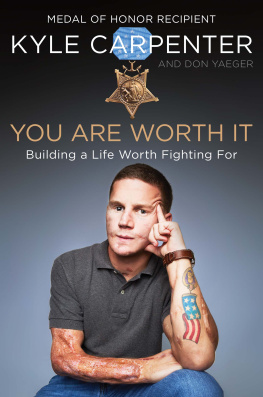
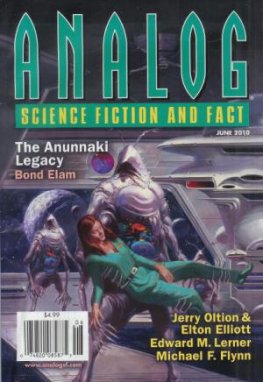
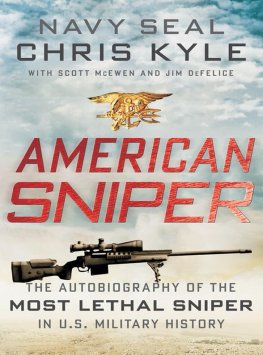
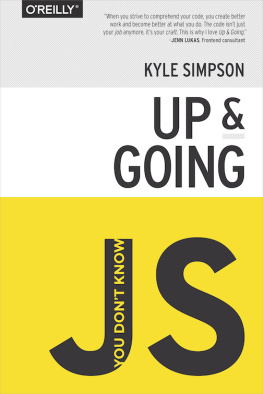

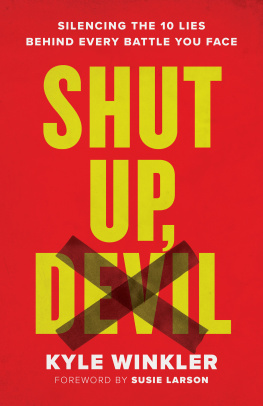

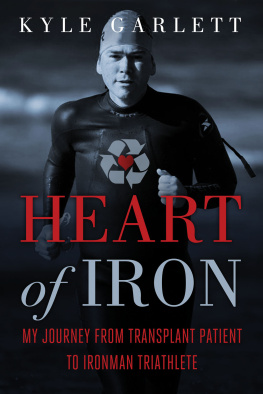
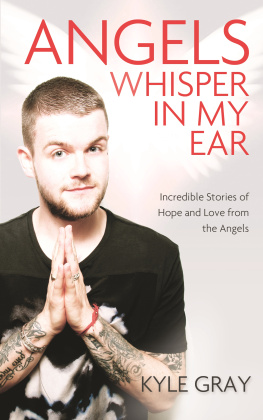
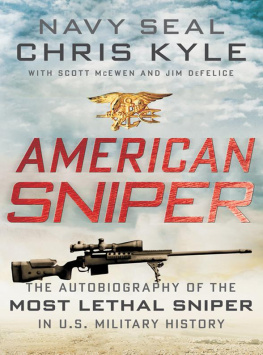
![Kyle Simpson [Kyle Simpson] - You Don’t Know JS: Up & Going](/uploads/posts/book/121420/thumbs/kyle-simpson-kyle-simpson-you-don-t-know-js.jpg)
